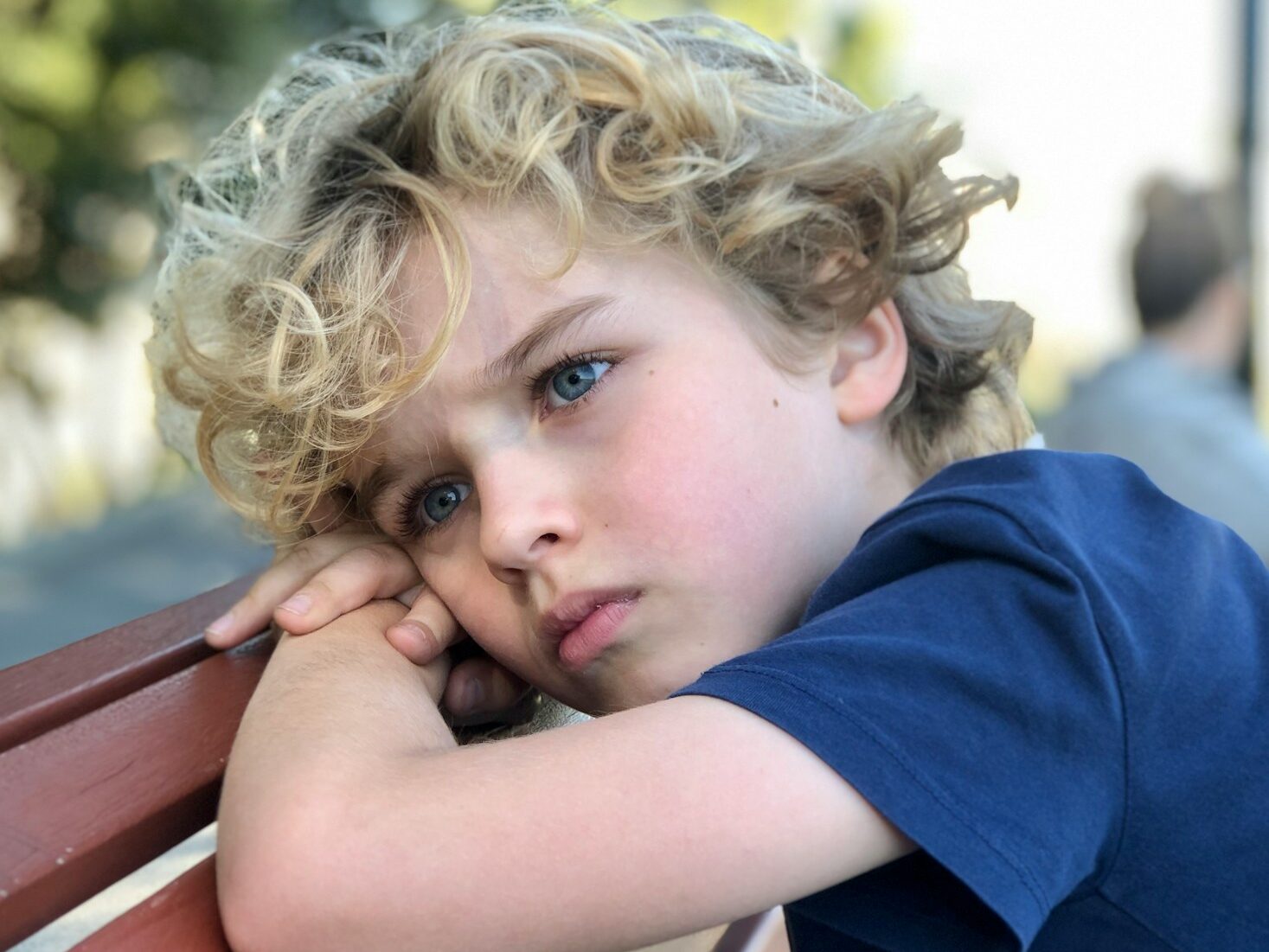
Children who don’t feel loved rarely say it out loud. They carry the weight quietly, finding ways to cover the hurt so the world doesn’t see. What starts as survival in childhood often becomes a habit in adulthood. Smiles replace tears, jokes replace honesty, and silence replaces trust. These coping methods may protect them in the moment, but later they create distance and leave wounds that are hard to heal.
They Pretend Everything Is Fine

Children who feel unloved often become experts at pretending. They plaster on smiles, laugh at the right times, and insist they’re okay even when they’re not. It’s easier to fake normal than admit how much it hurts. The habit sticks, so as adults, they may brush off concern with “I’m fine.” Behind that mask is a deep need for love, but one hidden carefully from view.
They Keep Their Feelings to Themselves
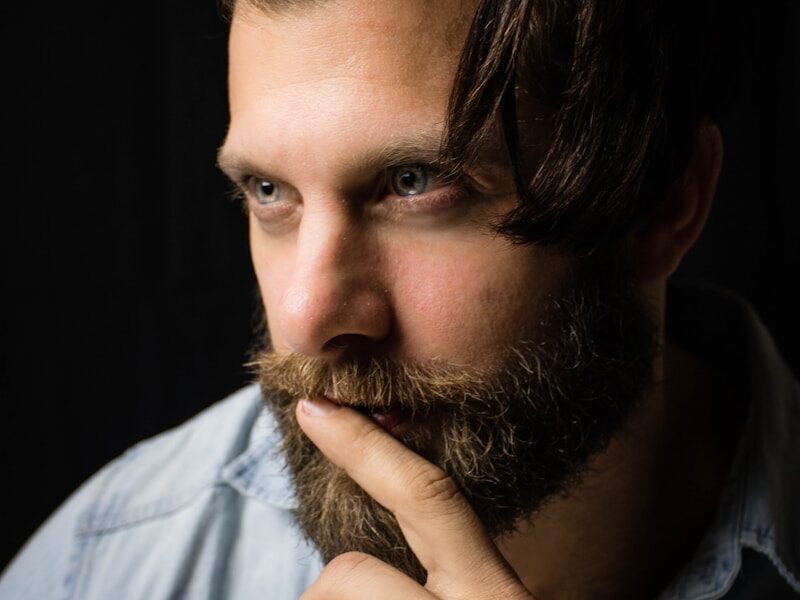
When a child learns emotions won’t be received with care, they stop showing them. Tears dry up fast, anger is swallowed, and joy is muted. They decide it’s safer to keep feelings locked inside. Over time, sharing emotions feels foreign. Even in close relationships as adults, they may struggle to open up. Silence becomes their shield even though it leaves them feeling alone.
They Use Humor as a Disguise

Many unloved children become the “funny one” in the room. Jokes distract people from looking too closely. Laughter makes them feel safer because it hides pain in plain sight. Humor turns into armor — if people are laughing, they won’t ask deeper questions. As adults, they may still deflect with jokes, making others smile while quietly carrying emotions no one sees.
They Work Hard to Please Others

Some children learn that approval is the closest thing to love they’ll get. So they work hard to please, hoping good grades or perfect behavior will earn affection. The pattern continues into adulthood, where they go out of their way to avoid conflict or disappointment. The desire to please looks like kindness, but it often comes from a deep longing for love they never received.
They Avoid Talking About Their Home Life

Unloved children quickly notice that other kids have stories about family dinners or traditions. To avoid shame, they keep quiet about their own homes. They change the subject, laugh it off, or make excuses. That silence grows into adulthood, where they may still dodge questions about their past. Keeping quiet feels safer than risking judgment or exposing the loneliness that shaped their childhood.
They Distract Themselves With Achievements

When love is missing, success can feel like the only way to be noticed. These children throw themselves into sports, school or hobbies, hoping trophies or awards will make up for what’s lacking. On the outside, they look accomplished. On the inside, they’re still chasing recognition. As adults, they may continue to overwork, measuring their worth by achievements instead of believing they deserve love for simply existing.
They Withdraw When Hurt
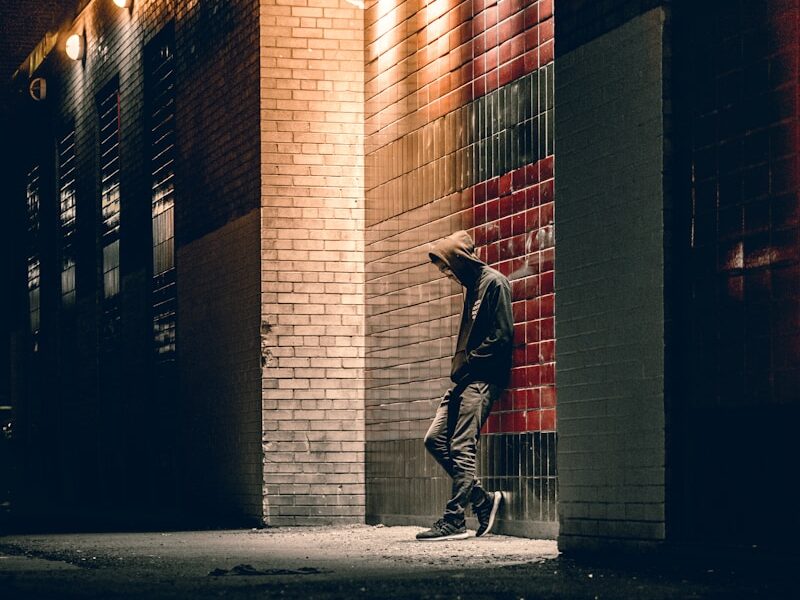
Unloved children often learn that showing pain brings either rejection or punishment. To protect themselves, they retreat. Instead of crying or asking for comfort, they hide in their room, turn inward, and push people away. That withdrawal becomes habit, and as adults, they may disappear emotionally or physically when hurt. It’s not that they don’t want closeness — it’s that hiding feels safer than risking rejection.
They Downplay Their Accomplishments
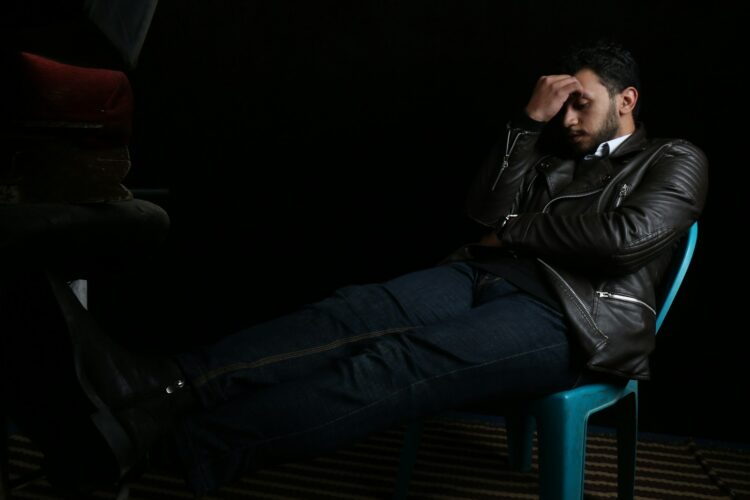
Even when they succeed, unloved children struggle to celebrate. They shrug off praise, saying it wasn’t a big deal, or insist they could have done better. This response grows from years of not feeling valued. Achievements don’t erase the belief that they’re not enough. As adults they may continue to downplay their successes, afraid of drawing attention or convinced they don’t deserve recognition.
They Avoid Asking for Help
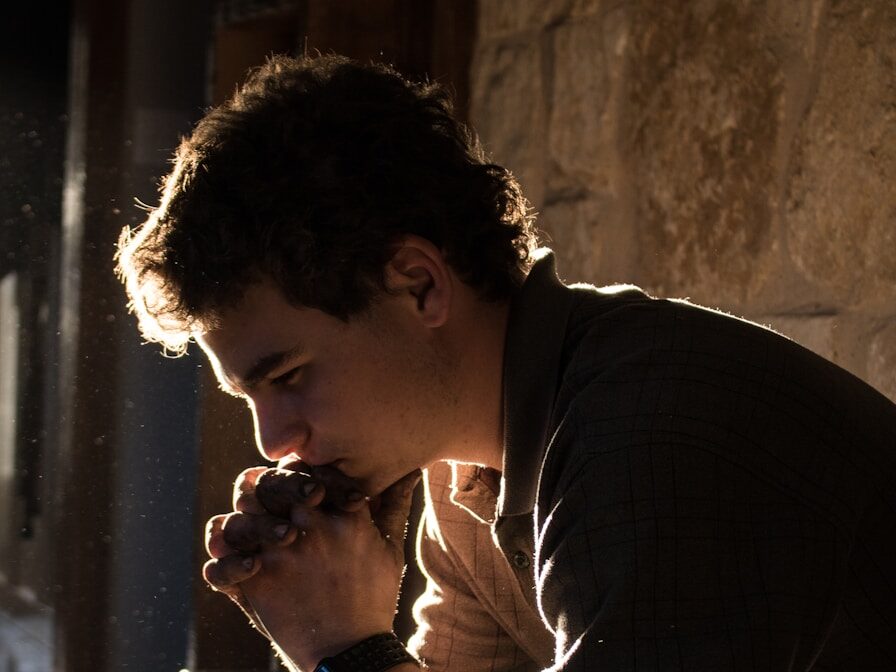
Unloved children learn early that help isn’t always given. Asking may lead to being ignored or scolded. So they stop asking altogether. They push through struggles quietly, teaching themselves that they can only rely on themselves. In adulthood, this habit shows up as independence that borders on isolation. They avoid leaning on others, even when they desperately need support, because needing someone feels dangerous.
They Tell People What They Want to Hear

To avoid conflict or judgment, unloved children become skilled at saying what others expect. They nod along, agree when they don’t mean it and hide their true thoughts. It’s a way of keeping peace and staying unnoticed. As adults this habit can leave them feeling invisible. They adapt to others’ expectations so often that their own voice becomes harder to recognize.
They Channel Pain Into Perfectionism
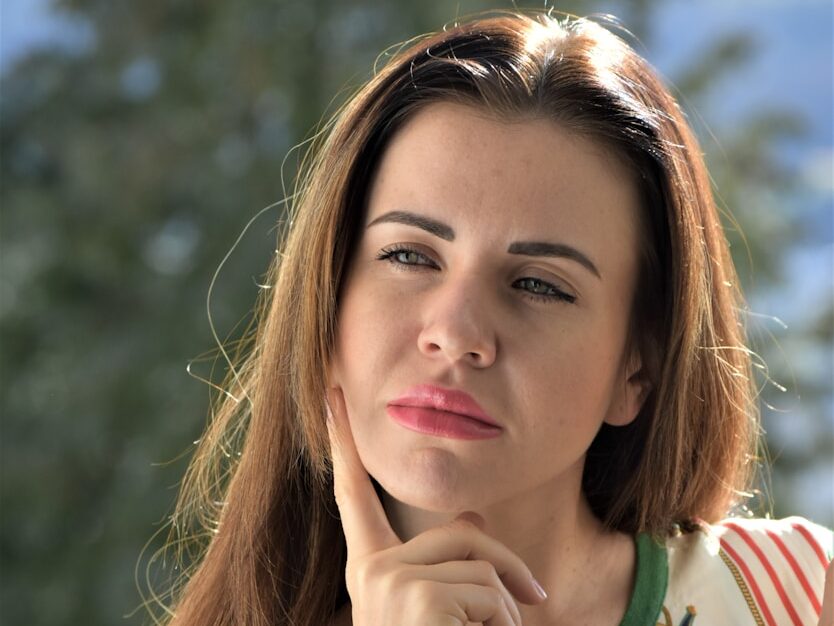
For some, hiding pain means striving to appear flawless. They work to keep everything neat, every detail perfect, and every effort beyond question. Perfection becomes their disguise. It distracts others from the hurt underneath and keeps criticism away. As adults, perfectionism drains them, but letting go feels impossible. The fear of being seen as “not enough” pushes them to keep polishing the mask.
They Numb Themselves With Distractions

Some unloved children find relief in escaping. They lose themselves in books, games, or TV. Anything that keeps them from thinking too much about what’s missing at home. The habit grows stronger with time. As adults, they may still seek distraction — endless scrolling, constant busyness, or overindulgence. It’s not laziness but a coping strategy, keeping painful feelings just out of reach.
They Become Overly Independent

Learning that they can’t rely on others, many unloved children decide to rely only on themselves. They grow up fast, handling responsibilities that others their age never faced. As adults, this independence continues, but it comes with loneliness. They rarely ask for support because they fear disappointment. Strength becomes their identity, but it also keeps them from experiencing the comfort of leaning on someone else.
They Hide Behind Achievement or Image

Unloved children often build an outer shell to cover their pain. Some use achievements, while others use style, looks, or confidence as armor. The outside might look polished, but inside, they still feel small. As adults, the mask remains. They hide the ache by keeping busy, looking accomplished, or appearing put together. It works for a while, but it never erases the emptiness.
They Tell Themselves It Doesn’t Matter

Perhaps the deepest way unloved children hide pain is by convincing themselves it doesn’t hurt. They shrug and say they’re fine and insist they never needed love anyway, or joke that they’re better off tough. But the truth lingers. That self-denial protects them in childhood but leaves scars in adulthood. Pretending not to care doesn’t erase the longing. It only buries it, waiting to resurface later.

